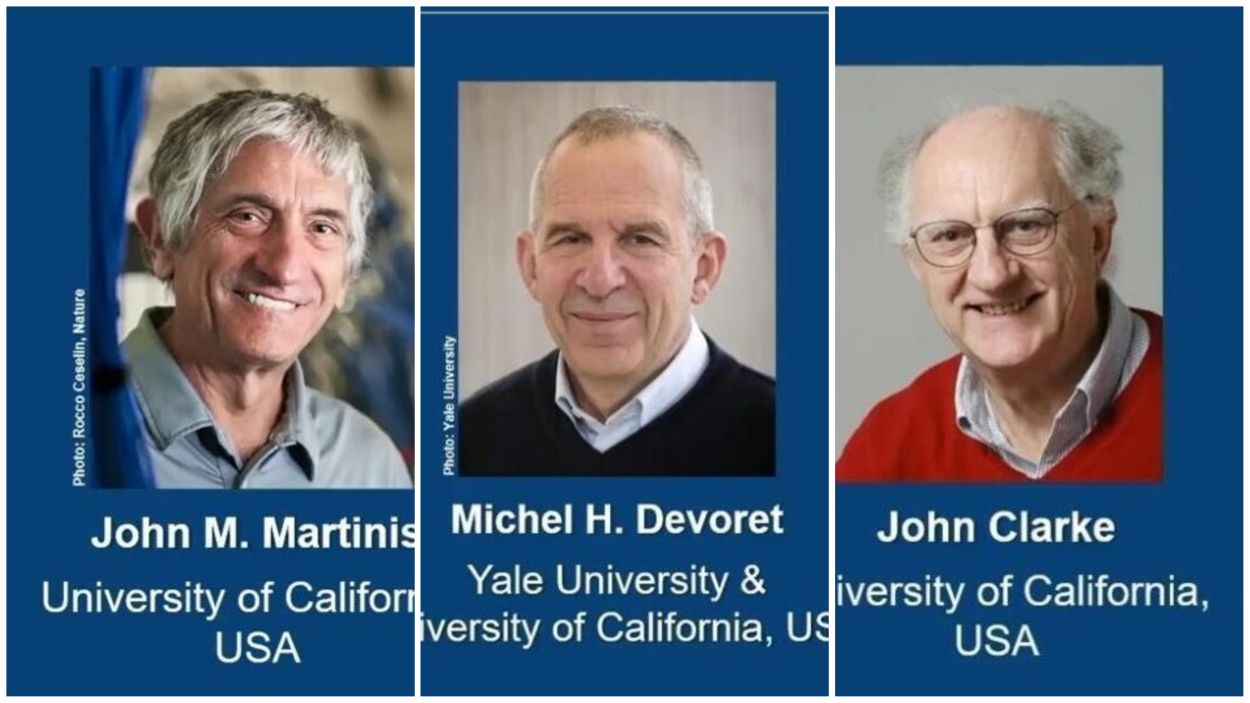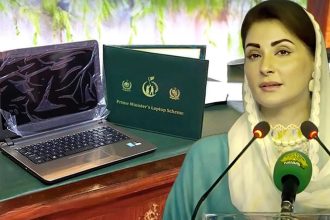US scientists John Clarke, Michel Devoret, and John Martinis won the Nobel Prize in Physics for their groundbreaking experiments in quantum mechanics. Their 1980s work with superconducting circuits showed quantum effects in everyday objects, revolutionising digital technology.
“I’m completely stunned,” Clarke told the Nobel press conference by phone. “The cell phone works because of this work.” Their discoveries fuel advancements in quantum computing, cryptography, and sensors.
Quantum mechanics, often studied at the atomic scale, appears counterintuitive compared to classical physics. Yet, the trio’s experiments proved their impact on larger systems. “Century-old quantum mechanics offers new surprises,” said Olle Eriksson, Nobel Committee for Physics chair. “It’s the foundation of all digital technology.”
BREAKING NEWS
The Royal Swedish Academy of Sciences has decided to award the 2025 #NobelPrize in Physics to John Clarke, Michel H. Devoret and John M. Martinis “for the discovery of macroscopic quantum mechanical tunnelling and energy quantisation in an electric circuit.” pic.twitter.com/XkDUKWbHpz
— The Nobel Prize (@NobelPrize) October 7, 2025Their work underpins transistors in microchips and enables quantum computers to solve complex problems far beyond the reach of traditional systems. This could address global challenges like climate change.
The Royal Swedish Academy of Sciences praised the trio for advancing next-generation tech. Quantum computers, for instance, perform calculations in seconds that would otherwise take millions of years. However, challenges like chip accuracy persist, and commercial timelines remain uncertain.
John Clarke, Michel Devoret and John Martinis won the 2025 Nobel Prize in Physics for experiments revealing macroscopic quantum tunneling and energy quantization in superconducting circuits, laying the groundwork for quantum computers and sensors https://t.co/phyfNwBCXr pic.twitter.com/JfjYMG6vxj
— Reuters (@Reuters) October 7, 2025This Nobel Prize highlights the transformative potential of quantum technology. From smartphones to future quantum systems, the winners’ work shapes innovation.






